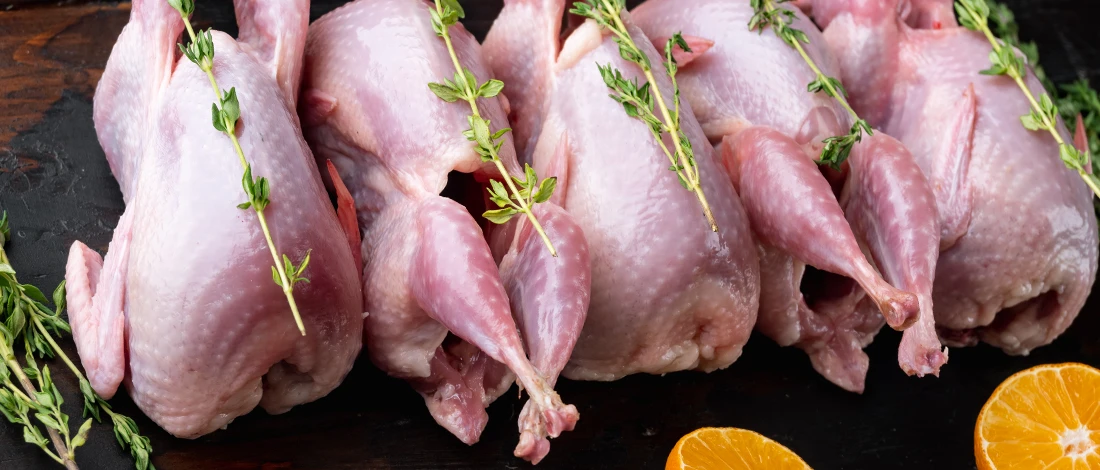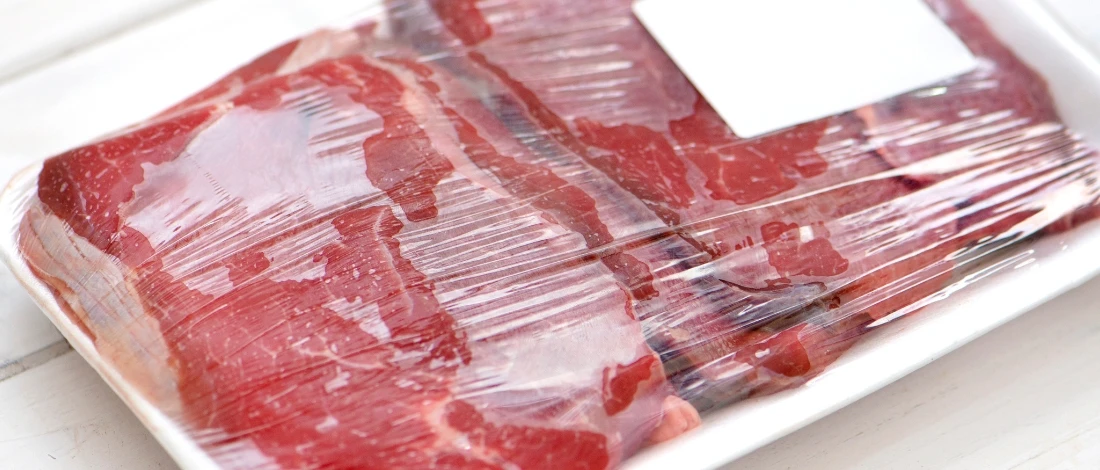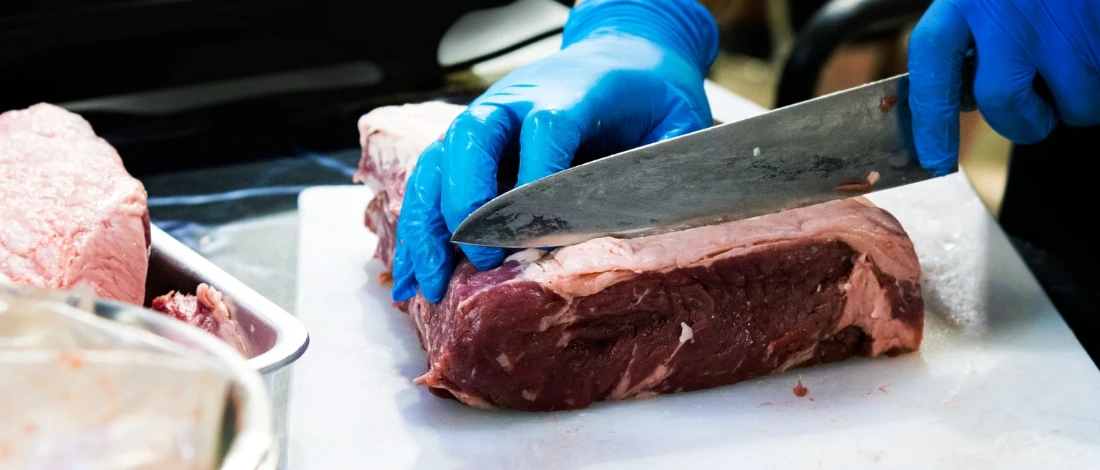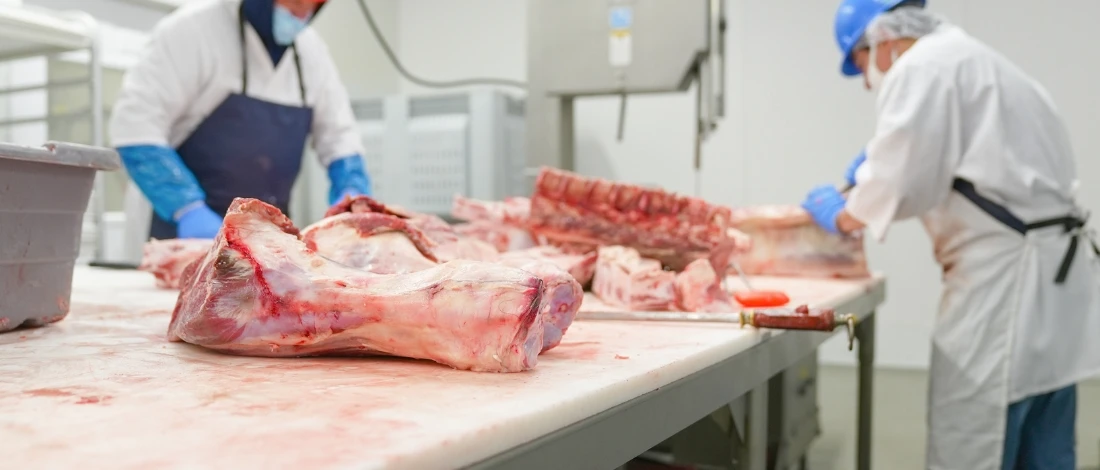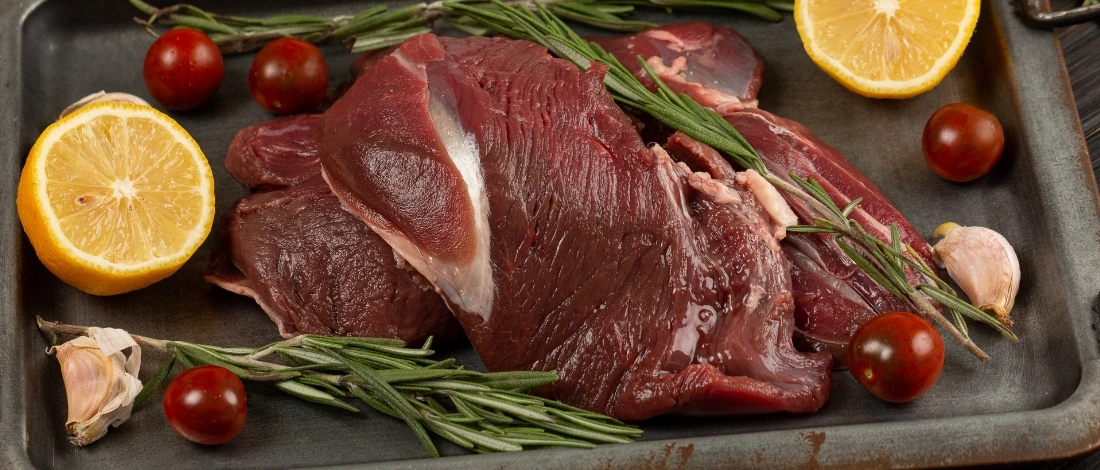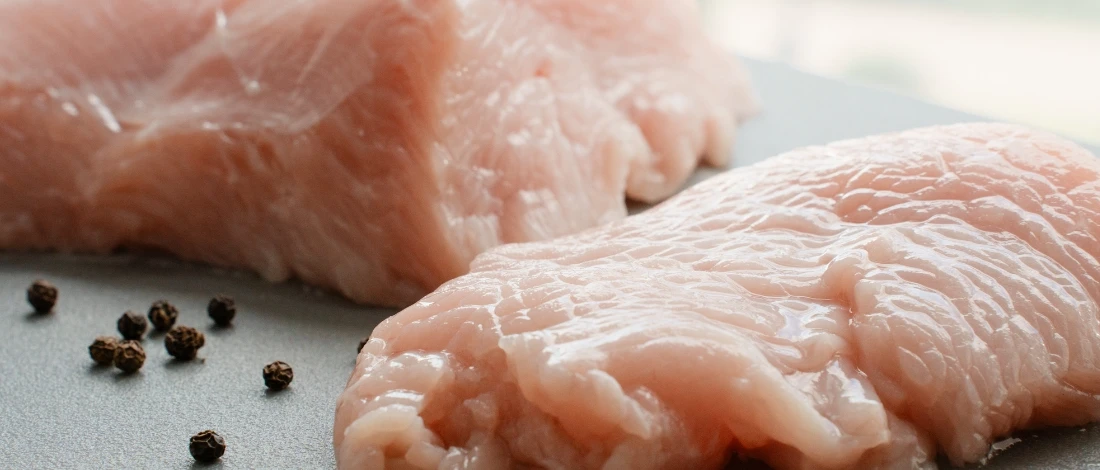Is Meat from a ‘Zombie’ Deer Safe to Eat? Experts Weigh In
Hunters across Kansas are grappling with concerns over chronic wasting disease (CWD), often called “zombie deer disease.”
This degenerative brain disorder affects deer, elk, and moose, and while no human cases have been confirmed, health officials warn against eating meat from infected animals.
Understanding the Risks
CWD is part of a family of prion diseases that cause fatal brain degeneration in animals, similar to mad cow disease.
According to the Centers for Disease Control and Prevention (CDC), the disease poses its greatest risk to hunters regularly harvesting deer. Shane Hesting, Wildlife Disease Program Coordinator for the Kansas Department of Wildlife and Parks (KDWP), advises caution.
“No person on Earth has been diagnosed with CWD to date,” Hesting reassured. “However, due to long incubation times and unknowns about CWD and TSEs in general, KDWP, CDC, and most other natural resource agencies do not recommend eating deer or elk that have tested positive for CWD.”
How CWD Impacts Wildlife
The disease has far-reaching consequences for deer populations. Hesting noted that areas with high prevalence, like parts of Wyoming, have seen population declines and fewer trophy animals over decades.
In Kansas, Lincoln and Riley Counties were added to the KDWP’s monitoring list this year after positive cases surfaced last hunting season.
Of 90 tests conducted so far in the 2024-2025 season, 23 deer have tested positive for CWD. Hunters can track these results on the KDWP website.
Hunting Safely
Despite the risks, regulated hunting remains vital for maintaining balanced wildlife populations. “My wish is for everyone to have a safe and enjoyable hunting season this year,” Hesting said, urging hunters to prioritize safety and ethics.
As research continues, health experts recommend hunters test their game and avoid consuming meat from sick animals, ensuring both safety and sustainability in Kansas’s hunting traditions.
Stay informed about chronic wasting disease and other meat safety concerns. Visit our homepage for the latest updates and advice.

